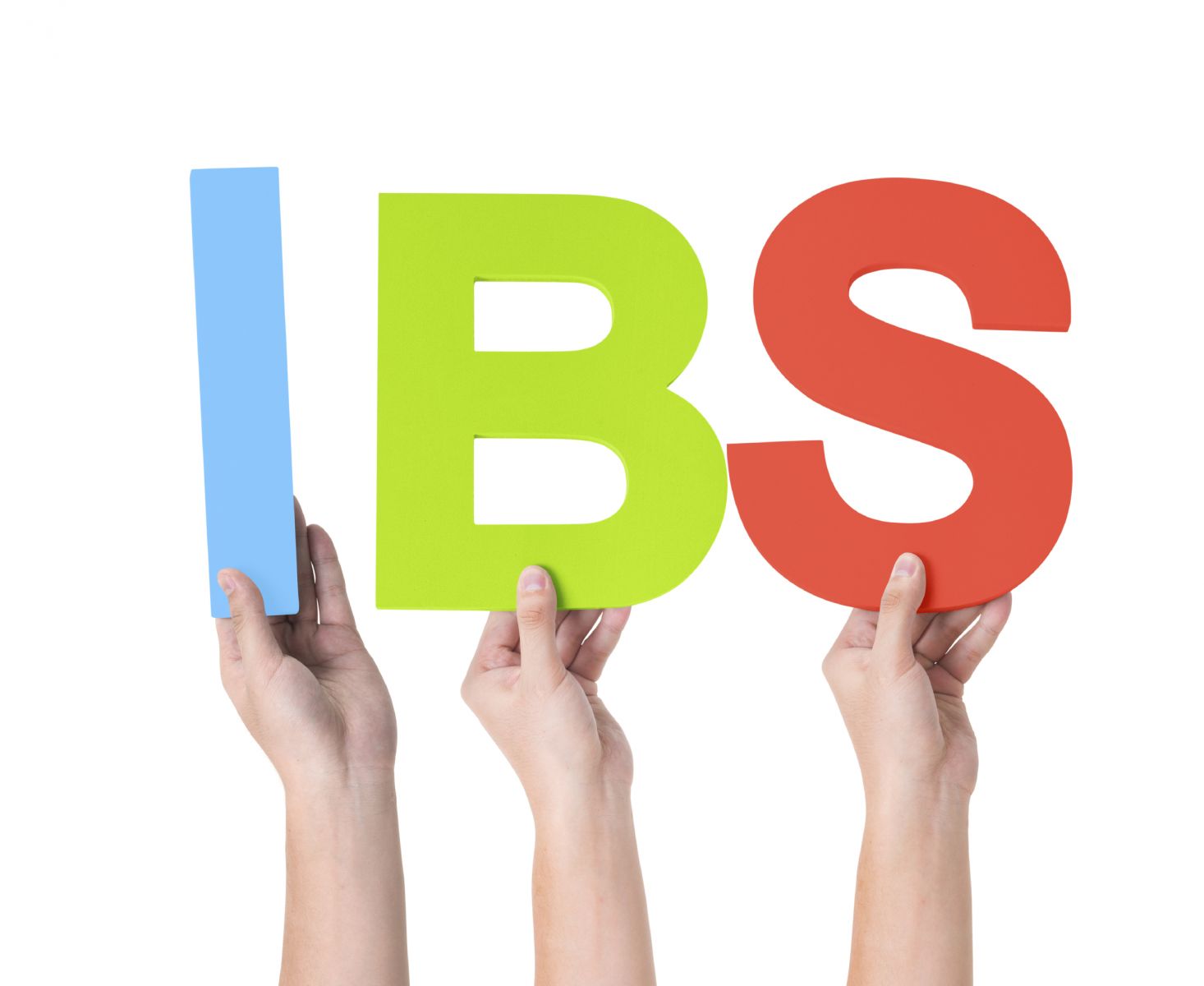
Do you find yourself running to the bathroom more often than you think is normal? Or maybe it’s literally been days since you were able to go? If this “see-saw” has been a part of your life for weeks or perhaps months, you may be dealing with IBS or irritable bowel syndrome. (1) (2)
Other symptoms, which vary from person to person, may include:
- Abdominal pain
- Stomach cramps
- Bloating and excess gas
And there are also symptoms you wouldn’t automatically associate with IBS, like:
- Anxiety
- Depression
- Fatigue
- Insomnia
What is IBS?
IBS is a common disorder that effects an estimated 10 to 15 percent of the adult population in the US. Also known as spastic colon, irritable colon, mucous colitis, and spastic colitis and is a separate condition from IBD (inflammatory bowel disease). (3) (4)
While an exact cause for IBS isn’t known, there are some factors that may play a large part in its development like inflammation in the intestines, intestinal infections, and changes in the bacteria that live in the intestinal system.
And for some, symptoms may result from a disturbance in the way the gut, brain, and nervous system interact with each other. So, for example, while stress does not directly cause IBS because of the connection between the brain and the gut, stress can worsen or trigger symptoms.
There are three main types of IBS:
IBS-D – when the digestive system contracts quickly, transiting products of digestion rapidly through the digestive tract, causing in frequent diarrhea.
IBS-C – when the digestive system contracts slowly, delaying digestion transit time, causing frequent constipation.
IBS-M – when the transit time throughout the digestive tract fluctuates, causing a mix of both diarrhea and constipation, sometimes alternating between the two within the same bowel movement.
It is important to also assess if some of the signs and symptoms could indicate something more serous is going on like:
- Blood in stool
- Unintentional weight loss
- Fever, nausea, or recurrent vomiting
- Severe abdominal pain
- Diarrhea that is persistent or awakens you from sleep.
Treating IBS
IBS is a chronic condition, but symptoms are usually manageable with several approaches including:
Diet
Certain foods are known triggers for IBS. One diet that has been known to help is the FODMAP (fermentable oligosaccharides, disaccharides, monosaccharides, and polyols). This way of eating may help identify your main IBS triggers. (5)
Fiber
Fiber can be found in whole grains, beans, nuts and seeds, and fresh fruits and vegetables. Try adding more fiber slowly, as a quick increase could have the opposite result and actually trigger bloating and discomfort.
Stress
Try to reduce the stress on a daily basis — through meditation, exercise, or even making more time for friends. Acupuncture and massage therapy may also be helpful in managing stress PLUS anxiety, GI mobility, fibromyalgia, migraines, and insomnia associated with IBS.
Probiotics
Supplementing the “good” bacteria normally found in the intestines may help relieve gas and bloating.
Medication
For some with severe and debilitating IBS, medication, even short term, may be necessary. (6)
There are several prescribed medications that can be used to treat IBS. Among them are:
- Smooth muscle relaxants – to relieve or prevent intestinal cramping.
- Antidiarrheals to slow intestinal transit and reduce the frequency of loose/watery bowel movements.
- Laxatives – if constipation es a predominant symptom.
- Antibiotics – to help balance gut flora that might be responsible for the fermentation of poorly digested carbohydrates.
- Low-dose antidepressants – if pain and diarrhea are predominant symptoms because they work on the gut’s nervous system to make it less reactive to certain foods and emotional stress.
Overall – if your gut health is in question, a lot of your health problems are connected so a proper diagnosis of IBS is important in order to reach optimal health.
- https://www.nccih.nih.gov/health/irritable-bowel-syndrome-in-depth
- https://www.ncbi.nlm.nih.gov/books/NBK534810/
- https://gi.org/topics/irritable-bowel-syndrome/#
- https://www.webmd.com/ibs/guide/ibs-ibd-differences#1
- https://www.webmd.com/ibs/guide/what-is-fodmap#1
- https://www.verywellhealth.com/ibs-medication-4014169




